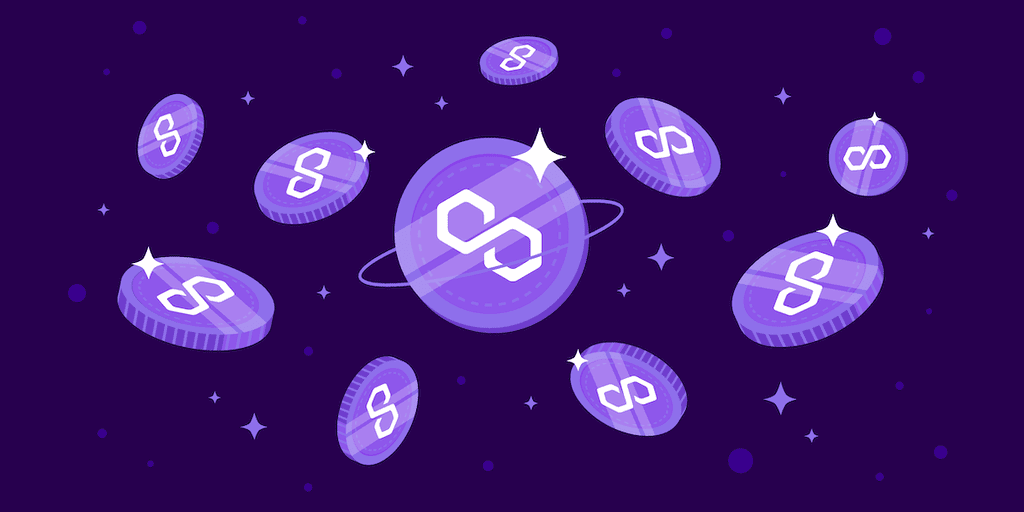The list of Web3 companies embracing AI continues to grow as blockchain scaling solution Polygon announced on Wednesday the launch of its AI assistant, Polygon Copilot.
“Whether you’re a serious builder, an enthusiast, or a curious user, Polygon Copilot is an AI-powered interface that unlocks a world of interactions, simply by ‘asking.’” Polygon wrote in a post. “Its conversational UI represents a leap in the quality of user experience.”
Polygon is an interoperability and scaling framework for building Ethereum-compatible blockchains.
“In the era of [zero knowledge]-powered scaling, navigating the vast ecosystem of dApps [on Polygon] can become a challenge without a handy guide,” Polygon tweeted.
In March, Polygon launched the final mainnet of its zkEVM solution for Ethereum.
Created in collaboration with application developer LayerE, Polygon Copilot integrates OpenAI’s GPT-3.5 and GPT-4 into the interface. Polygon says Copilot aims to provide insights, analytics, and guidance, and is trained on Polygon protocol documentation.
“To ensure transparency and accuracy, [Polygon Copilot] shares the sources of the information included in its responses,” Polygon said.
The chatbot offers three tiers, Beginner, Advanced, and Degen, for users at different levels of the ecosystem.
To use Polygon Copilot, users will need to connect a wallet that will act as the user account. Each account is assigned credits to use towards asking questions, and new credits are added every 24 hours.
Polygon Copilot comes loaded with witty responses. Asking it for the top NFT project on Polygon, for example, the AI chatbot responds with a solid dose of personality, sharing details on Drill Club. “It’s legit, no FUD allowed here,” it says. “Absolutely LFG!”
Like other platforms using ChatGPT’s technology, Copilot has a disclaimer warning users not to take all of the chatbot’s answers at face value.
“Polygon Copilot leverages nascent AI technology that may provide inaccurate information,” the company says.
Polygon says it also slimits the number of responses the chatbot can generate to avoid spamming and overload.
Polygon joins an increasingly crowded field of Web3 companies leveraging artificial intelligence. Other firms developing ChatGPT plugins and clones include Alchemy, Solana Labs, and Etherscan.
The use of the word “copilot” is also common, enlisted by Microsoft’s Security Copilot and GitHub’s Copilot coding assistant.
Polygon has not yet responded to Decrypt’s request for comment.




